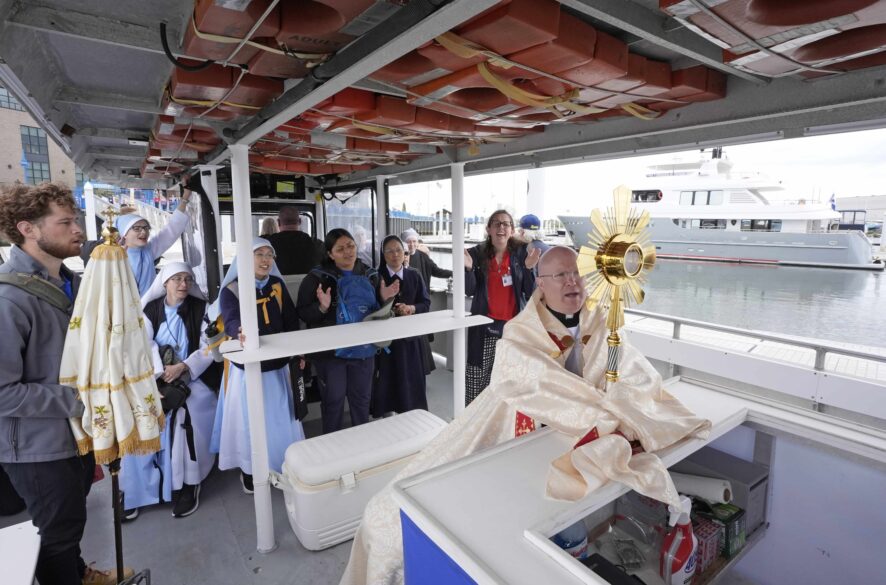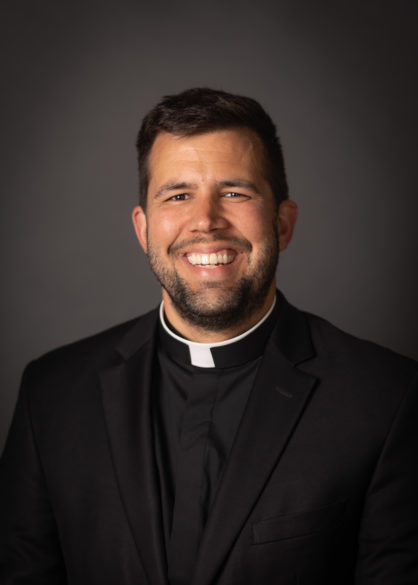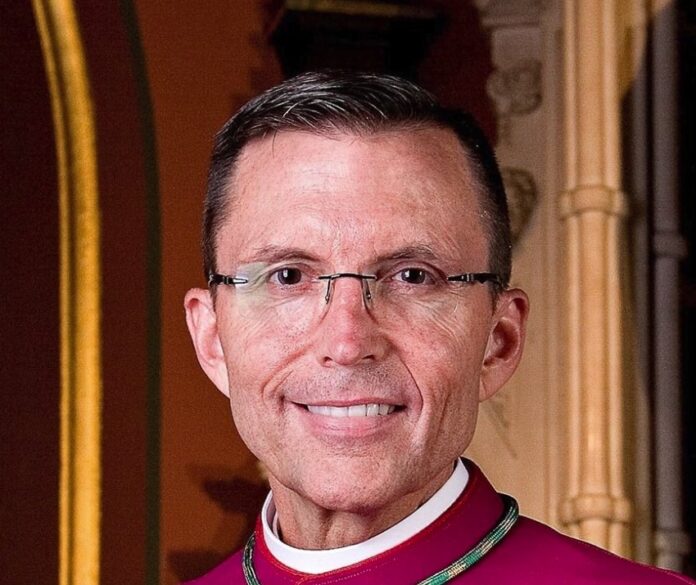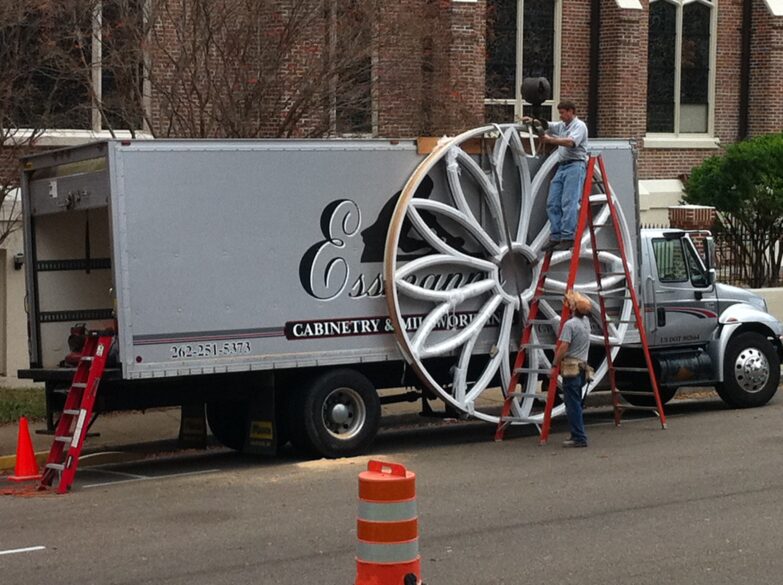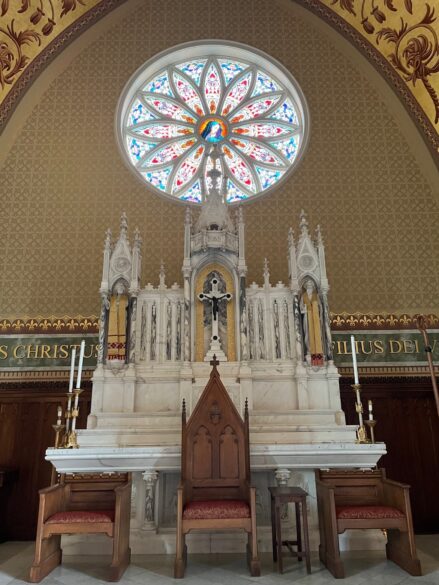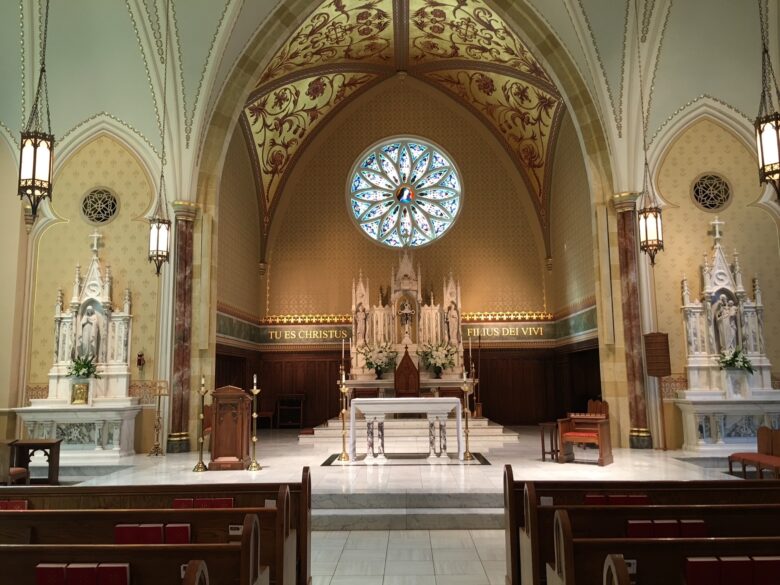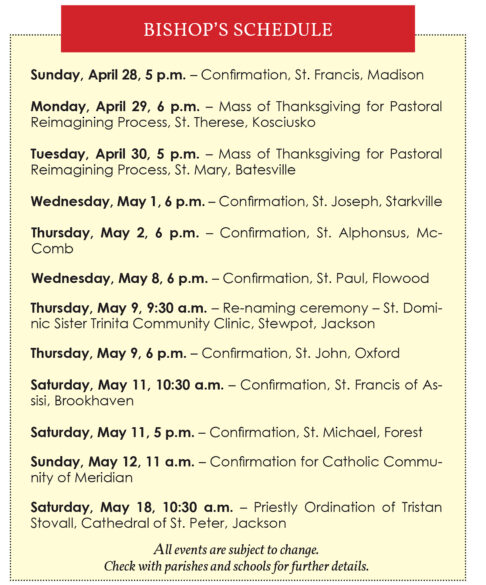On Ordinary Times
By Lucia A. Silecchia
On Memorial Day last year, an acquaintance of mine visited a parish not my own and brought home a church bulletin. I glanced through it and saw, prominently displayed, a colorful graphic wishing everyone a “Happy Memorial Day.” I found myself surprisingly angry to see this festive greeting. I have come to accept the misunderstanding of Memorial Day by secular advertisers pushing Memorial Day sales and promoting the start of the summer vacation season. Yet, Memorial Day is not a “happy” day for those who see its real purpose: to remember with gratitude and to mourn with sorrow all those who gave their lives in defense of this nation we call home.
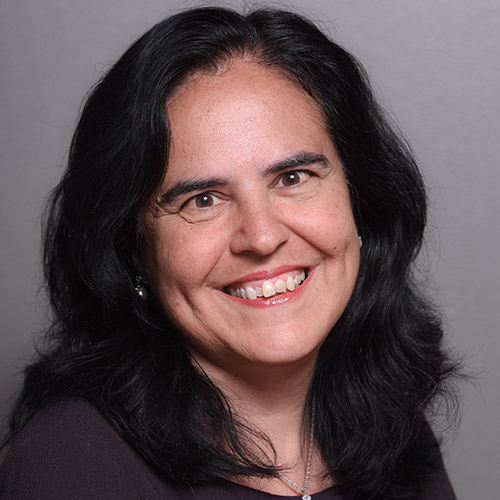
Memorial Day has its origins in the state and local “Decoration Days,” begun in the bloody aftermath of the Civil War. On those days, loved ones would follow ancient traditions and bring flowers to decorate the graves of those who died in battle. In doing so, robust spring blooms brought a hopeful sign of life and respect to the resting places of their beloved. In 1868, General John Logan’s General Order No. 11 proclaimed that such days were a time to visit soldiers’ burial sites and “garland the passionless mounds above them with the choicest flowers of spring-time; let us raise above them the dear old flag they saved from dishonor; let us in this solemn presence renew our pledges to aid and assist those whom they have left among us a sacred charge upon a nation’s gratitude, the soldier’s and sailor’s widow and orphan.”
With the passage of decades that brought future wars and future sacrifices, Memorial Day was eventually fixed as a federal holiday celebrated on the last Monday of May. While Veterans’ Day in November expresses gratitude to all who have ever served in the military, Memorial Day has a more solemn significance. It specifically honors those who served in the military and gave to our nation what President Abraham Lincoln eloquently called “the last full measure of devotion.”
I have never spent Memorial Day kneeling with teary eyes at a grave dug too soon – or burdened with the aching angst of having no grave to visit. Since the days of World War One when my grandfather became both an American citizen and a private first class in the United States Army, multiple generations of my family have served in uniform. They came home. So many families – including, perhaps, some who saw “Happy Memorial Day” in their church bulletin – have not been as fortunate.
The Catholic Church knows so well how to honor, remember and pray for those who have passed from this life. She also understands the depths of grief carried by those who mourn and offers the profound hope that death does not have the final word. I hope that as Memorial Day comes again, our Catholic churches, cemeteries, nursing homes, hospitals, schools and universities will all be places that are filled with many who comfort those who grieve and pray for so many souls lost in battle since the birth of our nation. I hope, too, that all people of faith will bring to the public square a sense of grateful reverence for those we honor on Memorial Day.
Family gatherings, beach trips and much-anticipated barbecues all have their places on this national holiday. They are the good and beautiful things that were no doubt held dear by so many who lived to see so few of these celebrations.
But I hope that in the midst of this, we take time to pray for those we memorialize – and honor them by remembering them every day of our ordinary time.
(Lucia A. Silecchia is Professor of Law and Associate Dean for Faculty Research at the Catholic University of America’s Columbus School of Law. “On Ordinary Times” is a biweekly column reflecting on the ways to find the sacred in the simple. Email her at silecchia@cua.edu.)


